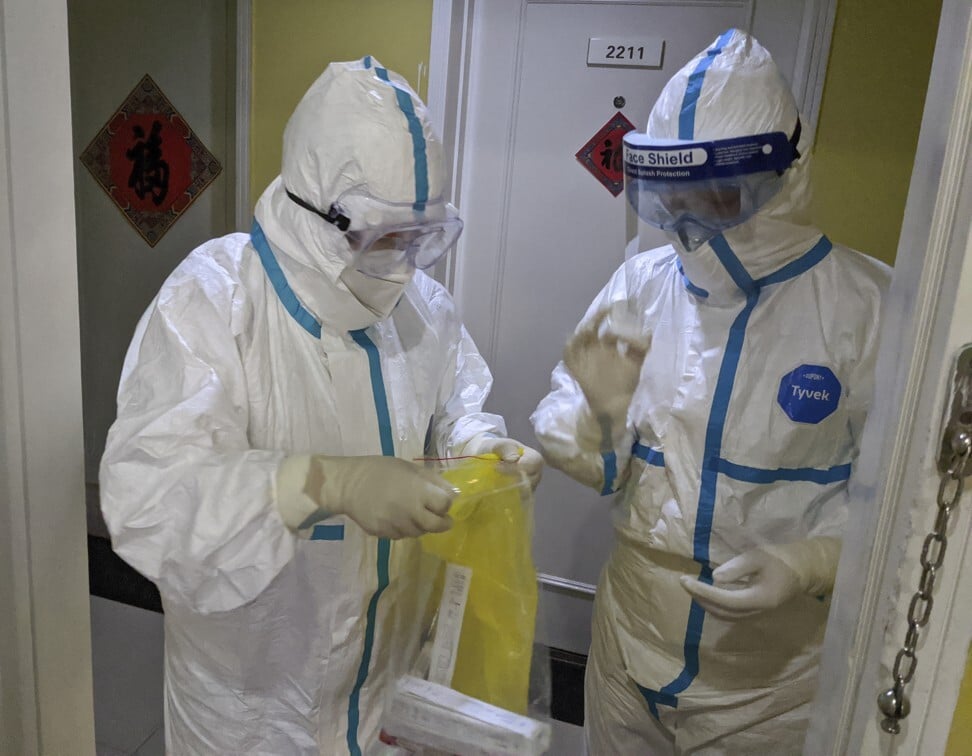
Have faith, don’t panic: lessons on surviving quarantine in the coronavirus era from two who endured 14-day isolation
- Tech professional Saurabh Datta binge-watched TV in a Beijing hotel and thought of things he would do afterwards. His advice: ‘Co-operate with the situation’
- Fashion influencer Declan Chan chronicled his time at home in Hong Kong wearing a smart bracelet on social media. His advice: ‘Have faith this will end’
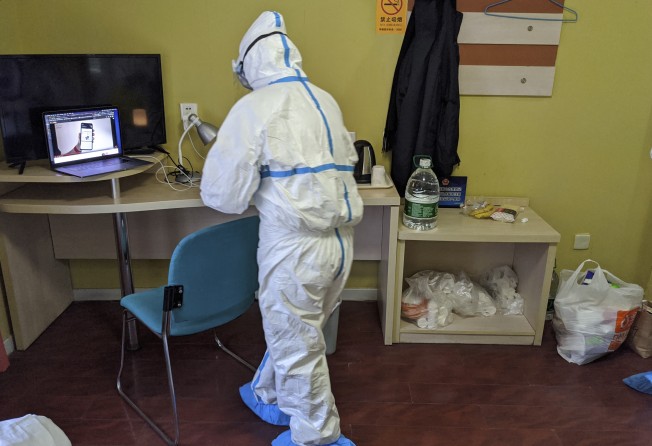
Saurabh Datta, a Beijing resident, was ordered into quarantine when he landed in the Chinese capital on March 1 after a trip to Thailand and Germany with a stopover in Moscow. He and his fellow passengers were stopped from leaving their plane, as some on board had come from areas in which the coronavirus pandemic had spread quickly, including Iran and Italy. “People came on in hazmat suits,” the 28-year-old recalls.
Datta found the initial days of his quarantine difficult at the first location: a designated hotel. He does not know why, but he was relocated twice to other hotels.
“It took time to recover from the shock” of being forced into isolation, he says. He coped by binge-watching TV shows, like the German time travel series Dark, and kept in contact with friends online, which stopped him feeling “out of place”.
“Every day a major portion of my time was involved in updating my friends and family and doing a lot of remote work,” says Datta. Being productive helped, he says.

Visitors to Datta’s room were prohibited, but friends and colleagues brought items he requested to the hotel: a laptop, hand sanitiser, Dettol soap, vitamin C supplements, chocolate, wine, plus underwear from Uniqlo. Occasionally people in hazmat garb tested him, but the results were negative.
“The central government paid for everything, and they had dedicated ambulances and health workers for us, so I feel taken care of,” says the Indian tech professional. His minders thoughtfully included curry dishes in his daily meals.
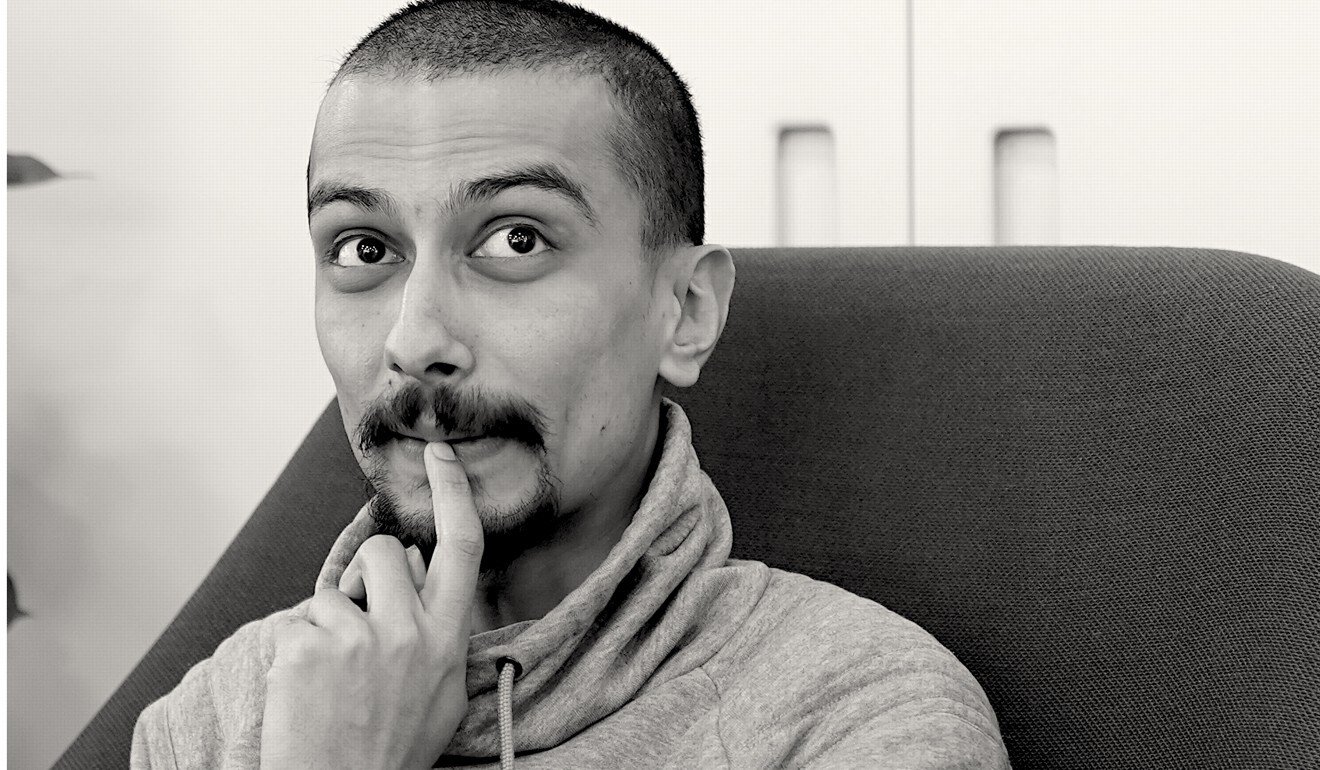
Many people globally are in a similar predicament, as governments have issued mandatory quarantine or stay-at-home orders to stem the spread of the coronavirus pandemic. That includes Hong Kong. Since March 19, anyone arriving in the city from a foreign destination has had to undergo a mandatory 14-day quarantine.
The city uses smart wristbands to keep tabs on them. For stylist and fashion influencer Declan Chan, the device intruded on his privacy, and he was happy to cut it off on March 31, after his two-week confinement. When the Post spoke with Chan that day, he was having a celebratory haircut at a salon in the Kerry Hotel. “It feels like I am turning a new page,” he said.
After visiting London, Milan and Paris for their fashion weeks, followed by Zurich, Chan returned to Hong Kong on March 17 and started home quarantine. “After a day or two, I read the news about people who escaped self-quarantine and got arrested. I felt stressed,” said the 36-year-old.
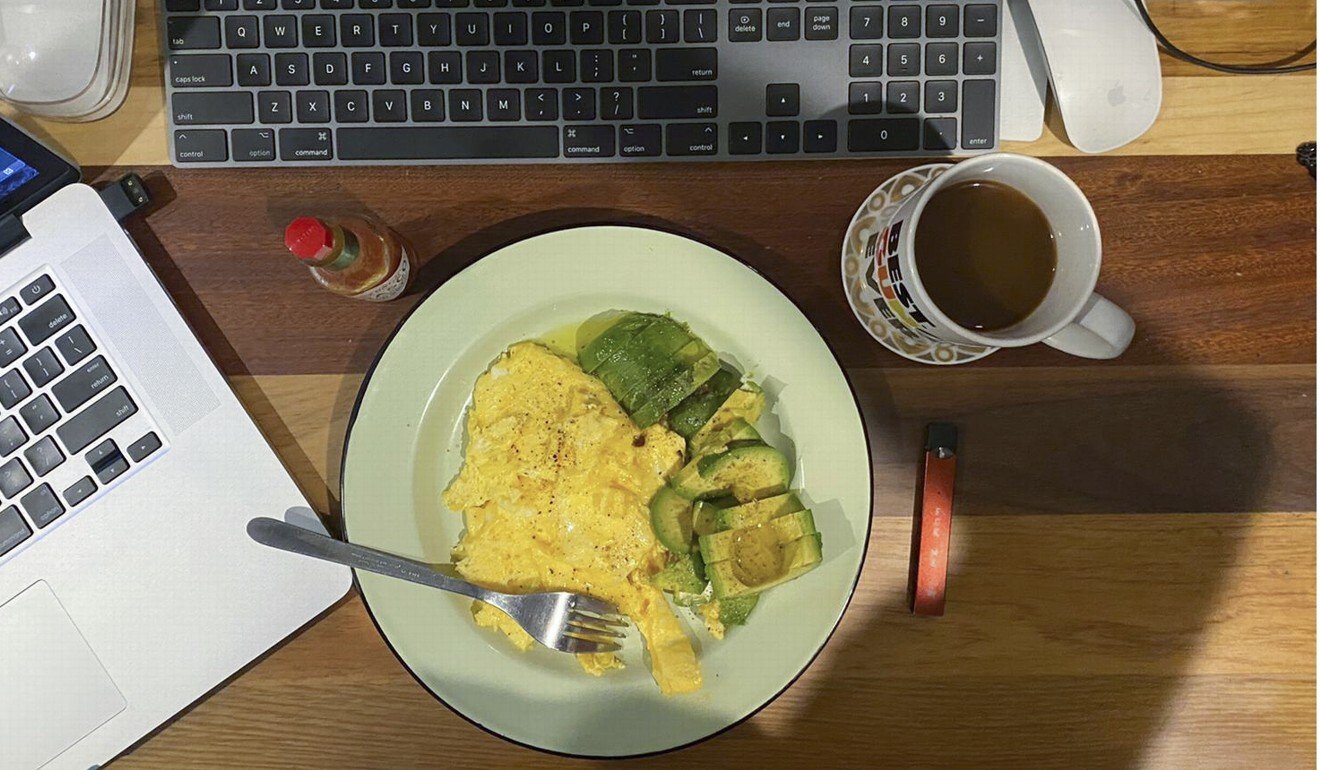
Keeping a normal routine was vital. During the initial days, Chan started stress eating. He set himself a strict meal schedule to keep this in check. His meals included takeaways through a Deliveroo app or home-cooked dishes from groceries ordered online, including eggs with avocado slices or oatmeal for breakfast.
He found new purpose in chronicling his experience for his 60,000-plus Instagram followers. He learned from people in lockdown in Europe and America that they had closely read his feed to know what to expect themselves, as Hong Kong was among the first places the pandemic spread.
“It’s helpful for others because some are going through what I’m going through, and some look into their future [through my experience],” he said. This process also provided mental relief for Chan, who likened it to keeping a journal.
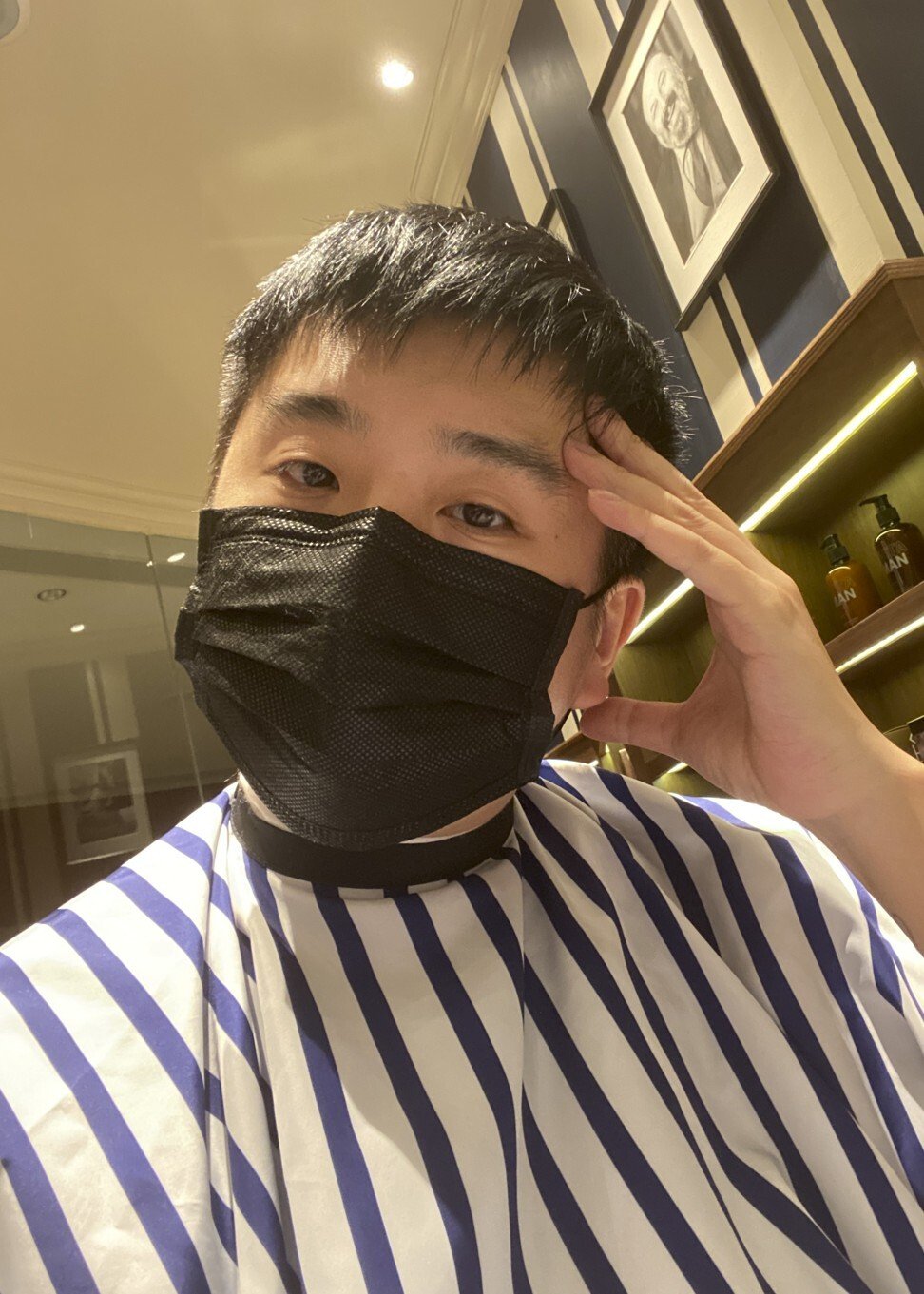
Allison Heiliczer, a counsellor and psychotherapist at OT&P MindWorX mental wellness clinic in Hong Kong, gave some ideas as to why Datta and Chan coped well in the circumstances. She says whether they consciously thought about it, they became clear about what they could and could not influence.
“To step back and ask that question can be psychologically powerful,” she said. Then you can focus your energy on what you can change.
Another coping technique is to identify that it isn’t ‘all about you’ and to instead connect to a larger purpose. “A lot of times people in lockdown or in prison … the ones with the most mental fortitude are those who don’t focus on themselves, but on how it can benefit something beyond themselves,” she said.
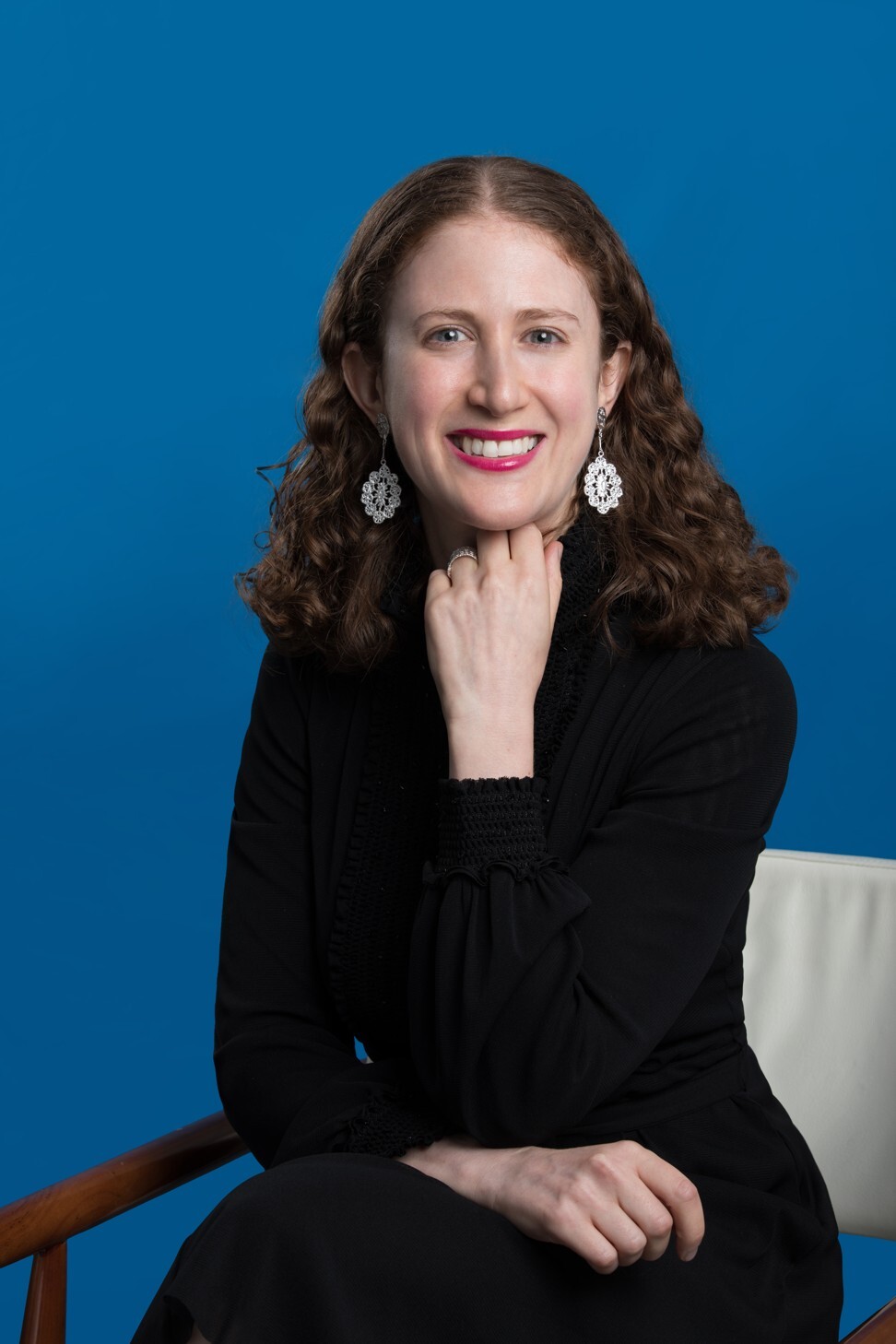
This takes the focus away from their anxieties and fears, and may remove some narcissism many of us have, she says.
“There’s also something spiritually profound in helping others,” adds Heiliczer. In the case of being quarantined or self-isolated, a person is doing their part to stop the spread of disease.
In the days leading up to his release, Datta frequently thought of hot, well-prepared meals like pho (Vietnamese noodles), partying with friends, and having a long shower at home. “I … did everything I planned,” says Datta. “Work [resumed] immediately and I almost forgot that those two weeks happened.”
A lot of times people in lockdown or in prison … the ones with the most mental fortitude are those who don’t focus on themselves, but on how it can benefit something beyond themselves
For those facing a similar predicament, he suggests not to panic, and to remember it will pass. “Cooperate with the situation … everyone is trying their best and trying to protect everyone,” he continued.
Chan adds: “Have faith this will eventually end and avoid being consumed by news. We need to be aware, but not read too much to the point of unnecessary stress.”
Heiliczer suggests people in similar circumstances relax and make the most of it. “Don’t waste this opportunity to build mental fortitude and resilience,” she says.